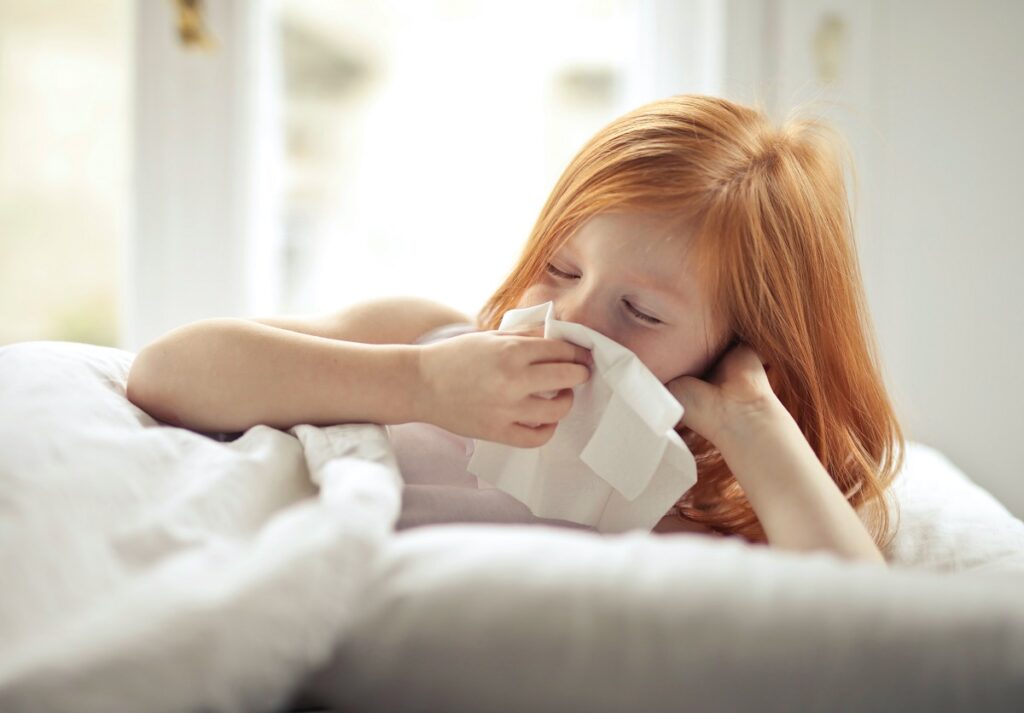Respiratory Syncytial Virus (RSV)

Respiratory Syncytial Virus (RSV) disturbs the respiratory tract, especially the lungs. It is typically seasonal and easily contagious, and can affect all age groups, with a higher incidence in infants and the elderly.
This virus is so common that most children under 2 years of age will catch it, and because the body’s immune response is so brief, people continue to get infected throughout their lives.
When is RSV most frequent?
This will depend on geographic location, but the coldest months see peak infection rates. In Spain these are December and January, although the overall incidence goes from November to March.
How is RSV transmitted?
This respiratory virus is spread from person-to-person via:
- Close contact, especially kisses and hugs.
- Airborne, especially via coughing or sneezing.
- Picking up or touching an infected object and then touching your own face.
According to the CDC, “people infected with RSV are usually contagious for 3 to 8 days and may become contagious a day or two before they start showing signs of illness. However, some infants, and people with weakened immune systems, can continue to spread the virus even after they stop showing symptoms, for as long as 4 weeks”.
Symptoms
Most individuals who get RSV will have a mild case with regular cold symptoms. These usually appear about 4-6 days after infection and include:
- Fever.
- Coughing and sneezing.
- loss of appetite.
- Noisy and wheezy breathing.
- Congestion of the airways, especially the nose.
Can RSV be prevented?
For vulnerable populations there exists medication and vaccines that help prevent infection. At risk populations include premature infants, babies younger than 6 months old, people above age 65 and people who have a compromised immune system, chronic lung disease or congenital heart condition. A severe RSV infection can lead to pneumonia and bronchiolitis, which may require hospital care.
Reducing the risk of contagion can be done by following a series of simple guidelines:
- Constant hand washing with soap throughout the day.
- Avoid close contact with people who display symptoms.
- Cover your mouth and nose with a disposable tissue when coughing or sneezing.
- If possible, avoid leaving the house if you display symptoms.
- Try avoiding touching your face, nose or eyes.
For any questions related to this or any other respiratory issues, do not hesitate to make an appointment with Hospital Ochoa’s Pneumology Department. We will be happy to assist and resolve any concern.




